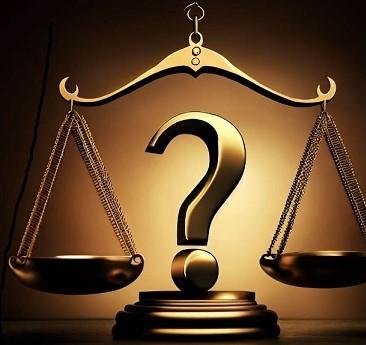The law is a fundamental aspect of any society, and the United Kingdom is no exception.
The law governs our everyday lives, providing a framework for behaviour and a means to resolve disputes. But what exactly is law in the UK ? In this article, we will explore the basics of UK law, including its sources, principles, and structure.
Sources of UK Law
The UK legal system is based on common law, which means that laws are created through court decisions as well as through legislation. The main sources of UK law are:
- Statute law – Statute law is law that is created by Parliament through Acts of Parliament. These laws are written down and apply to everyone in the UK. Statute law can only be changed or repealed by Parliament. Examples of statutory law include the Human Rights Act 1998, the Equality Act 2010, and the Accessories and Abettors Act 1861.
- Common law – Common law is law that is created through court decisions. Judges use precedents (previous court decisions) to decide cases, and these decisions then become part of the law. Common law can be changed or overridden by statute law. Examples of common law include the principles of negligence and tort law.
- European Union law – The UK was a member of the European Union until 2020, and during that time, EU law had an impact on UK law. EU law includes regulations, directives, and decisions, and it takes precedence over UK law. Examples of EU law include the General Data Protection Regulation (GDPR), the Working Time Directive, and the Environmental Liability Directive.
- International law – International law is the set of rules and principles that govern relations between states. The UK is bound by international treaties and agreements, and international law can also be used to interpret UK law. Examples of international law include the Universal Declaration of Human Rights, the Geneva Conventions, and the United Nations Convention on the Rights of the Child.
Principles of UK Law
There are several key principles that underpin UK law. These include:
- The Rule of Law – This principle means that everyone is subject to the law, including the government. The law is applied fairly and equally to everyone, and no one is above the law. The rule of law ensures that the legal system is fair, predictable, and consistent.
- Parliamentary Sovereignty – This principle means that Parliament is the supreme law-making authority in the UK. Parliament can make or unmake any law, and no other body can override or challenge its decisions. This principle gives Parliament significant power over the legal system and ensures that the law reflects the will of the people.
- Separation of Powers – This principle means that the UK government is divided into three branches: the executive, the legislature, and the judiciary. Each branch has its own powers and responsibilities, and they act as a check on each other to prevent any one branch from becoming too powerful.
- Human Rights – The UK is bound by various international human rights treaties and agreements, including the European Convention on Human Rights. These treaties and agreements provide legal protection for fundamental human rights such as freedom of speech, freedom of religion, and the right to a fair trial.
Structure of UK Law
The UK legal system is hierarchical, with different courts having different levels of authority. The highest court in the UK is the Supreme Court, which is the final court of appeal for all civil and criminal cases in the UK. Below the Supreme Court are the Court of Appeal, the High Court, and various lower courts such as the Magistrates’ Court and the Crown Court.
Conclusion
In conclusion, the law is an essential aspect of UK society, providing a framework for behaviour and a means to resolve disputes.
UK law is based on common law and statutory law, and it is underpinned by principles such as the rule of law, parliamentary sovereignty, separation of powers, and human rights.
The UK legal system is hierarchical, with different courts having different levels of authority, and the Supreme Court being the final court of appeal.
We recommend you should always seek formal legal advice if required, from a qualified and reputable lawyer (solicitor or barrister).
We have a number of links to Free Legal Resources and Legal Organisations on our Free Legal Advice , Legal Aid and Pro Bono pages.
Check out our articles on HHJ Farquhar, HHJ Bedford and the highly questionable Sussex Family Justice Board.
Read the reviews of Gavin Howe Barrister
“He is awful, underhanded and should not be practising law!”
Latest Articles
- What is a Paralegal ?A paralegal is a legal professional who performs tasks that require knowledge of legal concepts but does not hold the… Read more: What is a Paralegal ?
- What is a Judgment ?A judgment, also known as a judicial decision or court ruling, is the final decision made by a court of… Read more: What is a Judgment ?
- What is an Adverse Inference ?Adverse inference is a legal principle that plays a significant role in various areas of law, including criminal, civil, and family law. It arises… Read more: What is an Adverse Inference ?
- BarristersA barrister is anyone who has been Called to the Bar in England and Wales. For a barrister to offer… Read more: Barristers




